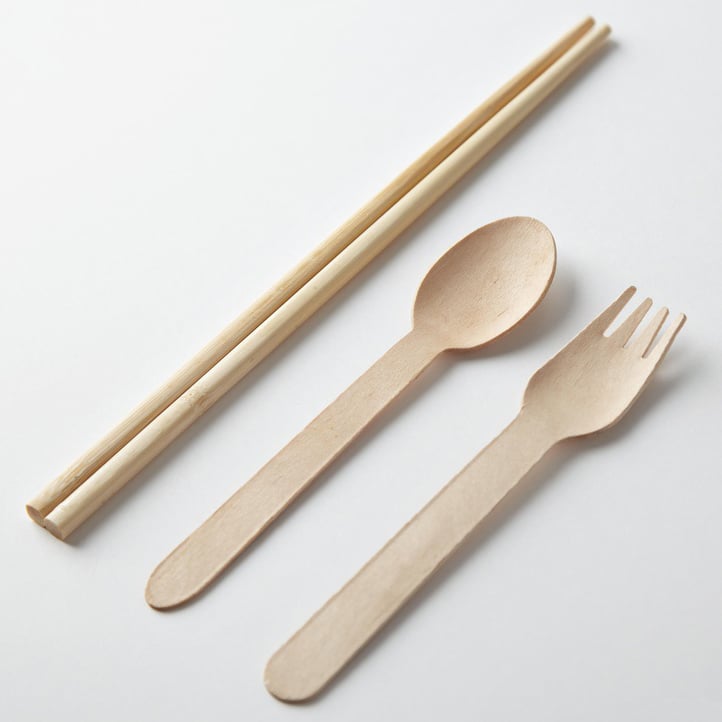
Key takeaways
- Taste changes: this is the most common side effect reported after treatment, particularly a metallic taste in the mouth after chemotherapy. Suggestions for improving this include, drinking lots of fluids, trying different foods to see which you prefer and using children’s toothpaste if your mouth is sensitive.
- Fatigue: if you are tired it’s important to keep your energy levels up. Try eating little and often and eating a main meal at lunchtime so you digest during the day.
- Diarrhoea issues: another typical side-effect can be eased by avoiding high-fibre foods, spicy foods and hot drinks.
When you have finished a course of chemotherapy, you may find that what you fancy eating, when you want it and how it makes you feel, is unsettled. This will get better with time but how do you get through the early days?
Dietitian and Perci Professional Teresa Day has advice for three main side-effects that you may experience with eating after chemo: changes in taste and appetite, fatigue and diarrhoea.
Managing changes in appetite and a loss of taste after chemotherapy
Taste changes after chemotherapy are one of the most common side effects. If you have experienced changes in your sense of taste, you may find that they take a while to improve. This is because your taste buds need to regenerate after chemo and radiation, which can take at least a couple of weeks, and for some can take longer.
How to treat a metallic taste in the mouth from chemo
Some chemotherapy drugs can cause a bitter or metallic taste in the mouth which can also influence how you feel about food. While the presence of a dry mouth (a chemo side-effect) can also cause taste changes as you need saliva to taste food.
Here are some suggestions which can help with a metallic taste in the mouth:

- Drink plenty of fluids, you may find it helpful to have a glass of water with your meals and to carry a water bottle with you throughout the day.
- Eating cold or warm foods may be more palatable than hot.
- Use wooden or bamboo cutlery if you have a metallic taste in your mouth.
- If you find meat tastes different and disagreeable, try using a marinade.
- Adding more seasoning, spice and herbs can help make food more interesting if you have a loss of taste, provided you don’t have a sore mouth. On the other hand, some people find that bland foods taste better.
- Keep trying different foods gradually as your taste will improve over time.
- Oral hygiene is important so brush your teeth regularly and use a gentle mouthwash. Try using a children’s toothpaste if you find that you are sensitive to your usual toothpaste.
Combating chemo fatigue with diet
It is very common to feel tired and lacking in energy after chemotherapy, this can affect your appetite and make it difficult to eat well.
Here are some suggestions which may help you to eat after chemo:
- Small frequent meals or snacks can be easier to manage than large meals.
- Having your main meal at lunchtime can help as you may find you are too tired in the evening.
- Accept offers of help with preparing food and meals.
- Don’t worry about using ready meals or ready prepared foods, they are fine in the short term.
- If you cook a meal try to make a larger portion and freeze the rest for days when you may feel more tired than usual.
Dealing with diarrhoea – what to eat after chemo
Diarrhoea is a common side effect of many chemotherapy drugs and this can take some time to improve.
Here are some suggestions which may help:
- Drink plenty of fluids to replace the fluid lost.
- Avoid foods high in fibre such as wholegrain bread and cereals, peas, nuts and beans. Keep your portions of fruit and vegetables small. Fruit juices such as apple juice can make the problem worse.
- Avoid drinking hot drinks such as tea and coffee, especially on an empty stomach.
- Choose easily digested foods such as white fish, poultry, well-cooked eggs, white bread, pasta or rice.
- You might find that avoiding spicy, fried or fatty foods helps.
If your diarrhoea doesn’t improve or if it gets worse, particularly if you are having diarrhoea at night or find it difficult to get to the toilet in time please seek medical attention
Seek advice about eating after chemotherapy and cancer treatment
Dealing with eating problems can be daunting; it can be difficult to know what to eat especially if you are experiencing more than one problem.
There is a lot of information on the web about diet and cancer but not all of it is based on good quality evidence and may not be right for you. For instance, some diets are very restrictive and can make it very difficult to get all the nutrients you need for health.
A consultation with a Perci dietitian can help you to find the best diet for you personally. They will take into account your medical history, your food preferences and your lifestyle and will support you in overcoming any eating problems you might have.
Find out more about Teresa Day and her availability for one-to-one appointments.
Here at Perci Health, we are here to support anyone that has been impacted by cancer. If you think you or your loved one could benefit from virtual access to high-quality cancer specialists, find out more about our support types or how we help those living with cancer.
While we have ensured that every article is medically reviewed and approved, information presented here is not intended to be a substitute for professional medical advice, diagnosis, or treatment. If you have any questions or concerns, please talk to one of our healthcare professionals or your primary healthcare team.